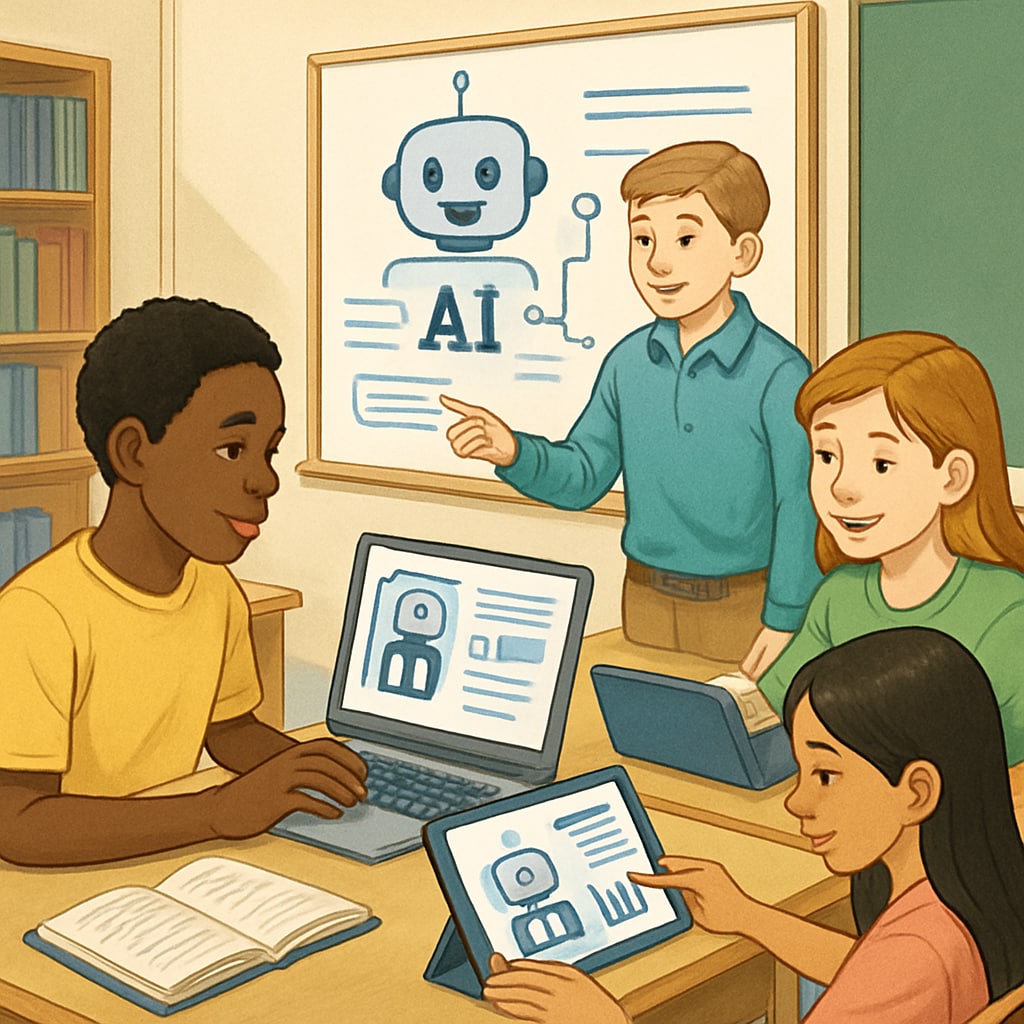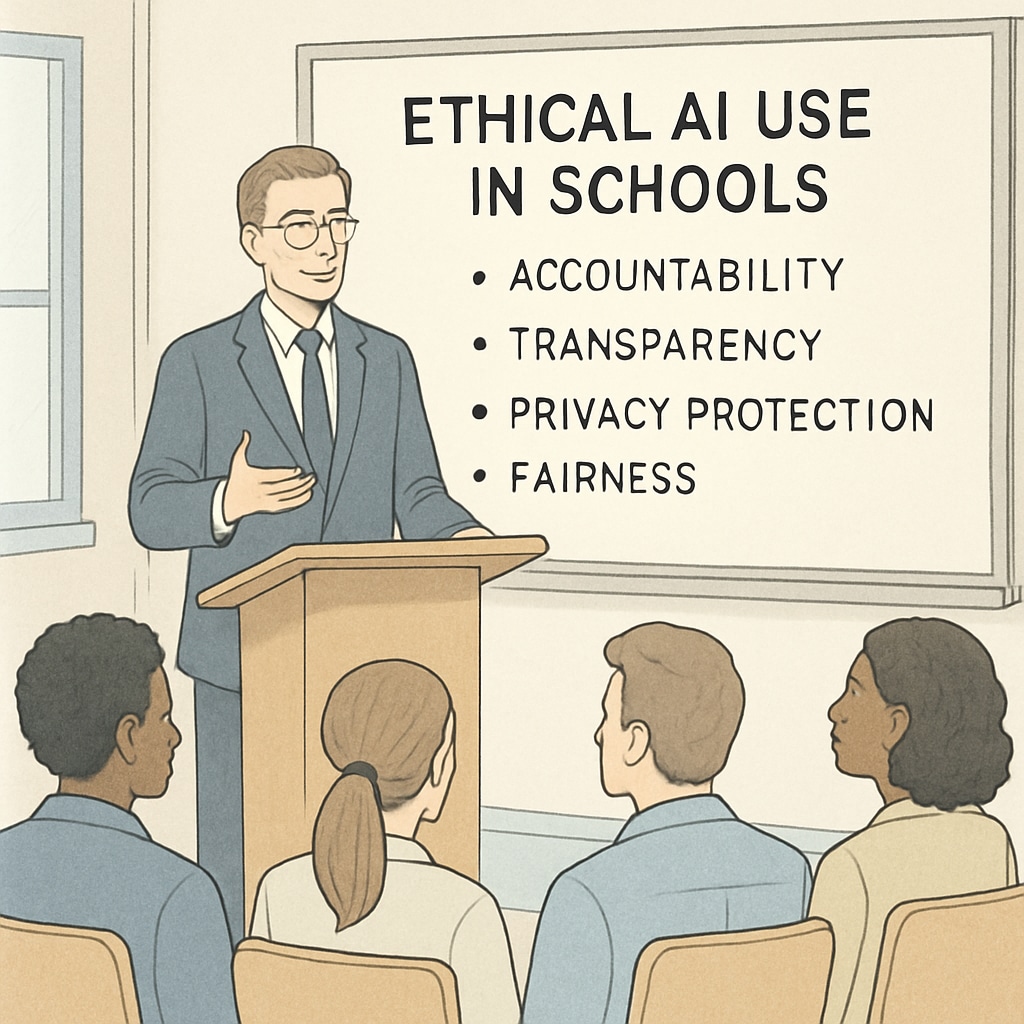Melania Trump’s recent inauguration of the White House Artificial Intelligence (AI) Task Force has brought AI’s transformative role in education to the forefront. Specifically, its implications for K-12 education hold immense promise and challenges alike. This initiative, which aligns with the growing integration of AI across sectors, underscores the need for smart regulation to ensure responsible innovation. The intersection of AI, education, and governance offers a glimpse into how technology can shape the future of learning while addressing ethical concerns.
AI’s Growing Role in K-12 Education
Artificial intelligence is no longer a futuristic concept—it is becoming an essential tool in education. For instance, AI-powered learning platforms can provide personalized instruction, adapt to students’ needs, and identify gaps in understanding more effectively than traditional methods. Tools like these are already being implemented in classrooms worldwide, making education more inclusive and accessible.
However, the introduction of AI into K-12 education is not without its challenges. Teachers often face difficulties in integrating complex technologies into their curricula, and the lack of proper training can hinder AI’s full potential. Furthermore, the ethical considerations surrounding data privacy and bias in algorithms must be addressed before AI becomes ubiquitous in schools.

Balancing Innovation with Regulation
One of the key messages from Melania Trump’s initiative is the importance of regulating AI responsibly. The White House AI Task Force aims to develop frameworks that ensure the safe and ethical use of AI in education. This approach is crucial, as unregulated AI systems could lead to unintended consequences, such as reinforcing biases or compromising student data.
For example, facial recognition software in schools, while innovative, raises significant privacy concerns. Additionally, AI-driven assessment tools must be transparent about their decision-making processes to ensure fairness. Therefore, the Task Force’s focus on creating clear guidelines can help strike a balance between fostering innovation and protecting students’ rights.

Lessons for Educators and Policymakers
Melania Trump’s initiative offers valuable insights for educators and policymakers. Here are some key considerations:
- Prioritize teacher training: Comprehensive training programs are essential to help educators integrate AI tools effectively into their teaching practices.
- Focus on equity: AI should be implemented in a way that bridges educational gaps rather than widening them, ensuring equal opportunities for all students.
- Establish ethical standards: Clear regulations must be in place to address concerns related to privacy, bias, and transparency.
- Encourage collaboration: Governments, tech companies, and educators should work together to develop AI solutions that meet the needs of K-12 education.
By addressing these factors, stakeholders can maximize the benefits of AI while mitigating its risks.
The Role of Family and Community
Interestingly, Melania Trump’s perspective on AI in education may also be influenced by her son, Barron Trump, who represents the generation that will grow up alongside these technologies. Families and communities play a crucial role in supporting students as they navigate AI-driven learning environments. Open communication between parents, schools, and policymakers is essential to ensure that technology serves the best interests of children.
For example, parents can advocate for transparency in how schools use AI tools, while also encouraging their children to critically evaluate the technology they interact with. Communities can foster discussions about the ethical implications of AI, helping to create a culture of informed and responsible technology use.
In summary: The White House AI Task Force, spearheaded by Melania Trump, marks a significant step toward integrating AI in K-12 education. By prioritizing regulation, education, and collaboration, this initiative paves the way for a future where technology enhances learning without compromising ethics or equity.


